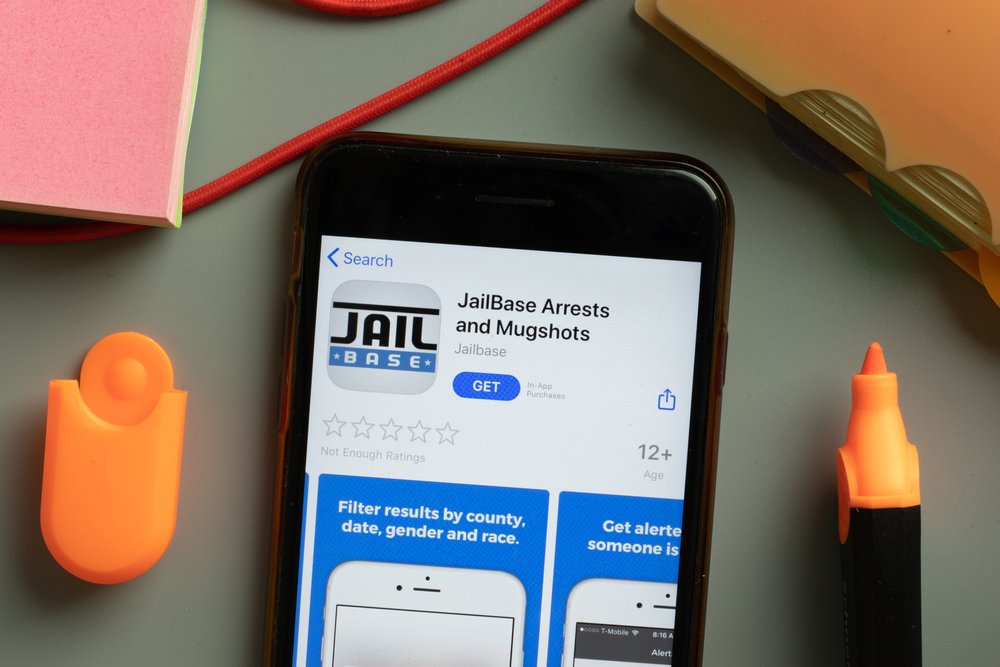Bounty hunters, also known as bail enforcement agents or fugitive recovery agents, have limited authority and operate within specific legal boundaries. Their authority and powers can vary by state and are subject to both state and federal laws. Here are some key points to understand about the authority of bounty hunters:
- Limited Jurisdiction: Bounty hunters primarily work within the realm of bail bonds. Their main responsibility is to locate and apprehend individuals who have failed to appear in court after posting bail. Their authority is generally limited to pursuing individuals who have signed bail contracts and are considered fugitives because they have violated the terms of their release.
- Legal Constraints: Bounty hunters are not law enforcement officers, and they do not have the same legal authority as police officers or other government agents. They are private individuals hired by bail bondsmen or bail bond agencies to recover individuals who have skipped bail.
- Arrest Powers: Depending on the state, bounty hunters may have the authority to arrest individuals who have skipped bail. However, this authority is typically limited to apprehending the fugitive and returning them to custody. Bounty hunters do not have the power to arrest individuals for other crimes unrelated to bail violations.
- Use of Force: The use of force by bounty hunters is regulated by state laws. In some states, they have limited authority to use force to apprehend a fugitive, while in other states, the use of force is more strictly regulated. Excessive use of force can result in legal consequences for the bounty hunter.
- Constitutional Rights: Bounty hunters must respect the constitutional rights of the individuals they apprehend. They cannot violate a person’s Fourth Amendment rights against unreasonable searches and seizures or use excessive force during an apprehension.
- Licensing and Regulations: Many states have regulations and licensing requirements for bounty hunters. These requirements may include background checks, training, and continuing education. It is essential for bounty hunters to be licensed and operate within the bounds of state law.
- Collaboration with Law Enforcement: Bounty hunters often collaborate with local law enforcement agencies when apprehending fugitives. They may inform law enforcement of their actions and request assistance when necessary.
- Legal Liability: Bounty hunters can be held legally liable for their actions. If they violate state laws or infringe upon an individual’s rights during an apprehension, they may face civil and criminal charges.
Laws and regulations regarding bounty hunting can vary significantly from one state to another, so the specific authority and limitations of bounty hunters can differ accordingly. If you have questions about the authority of a bounty hunter or are involved in a situation related to bail bonds and fugitive recovery, it is advisable to consult with an attorney who is knowledgeable about the laws in your specific jurisdiction to understand your rights and options.






